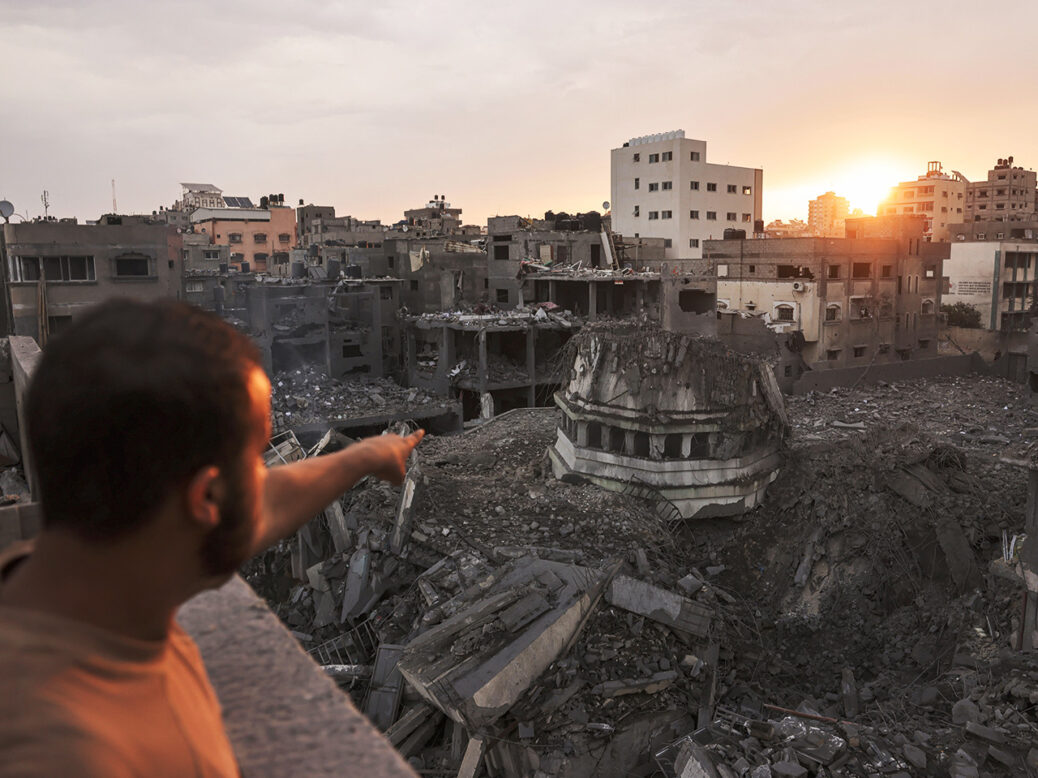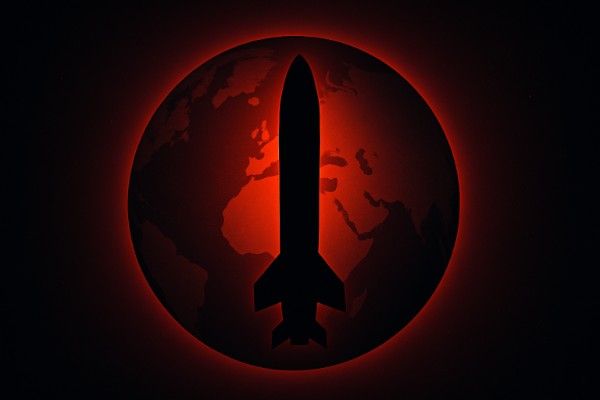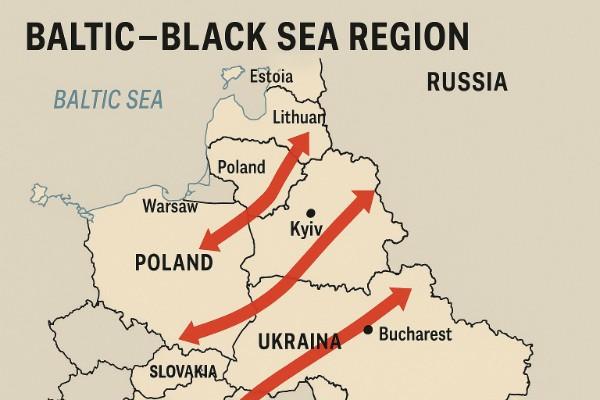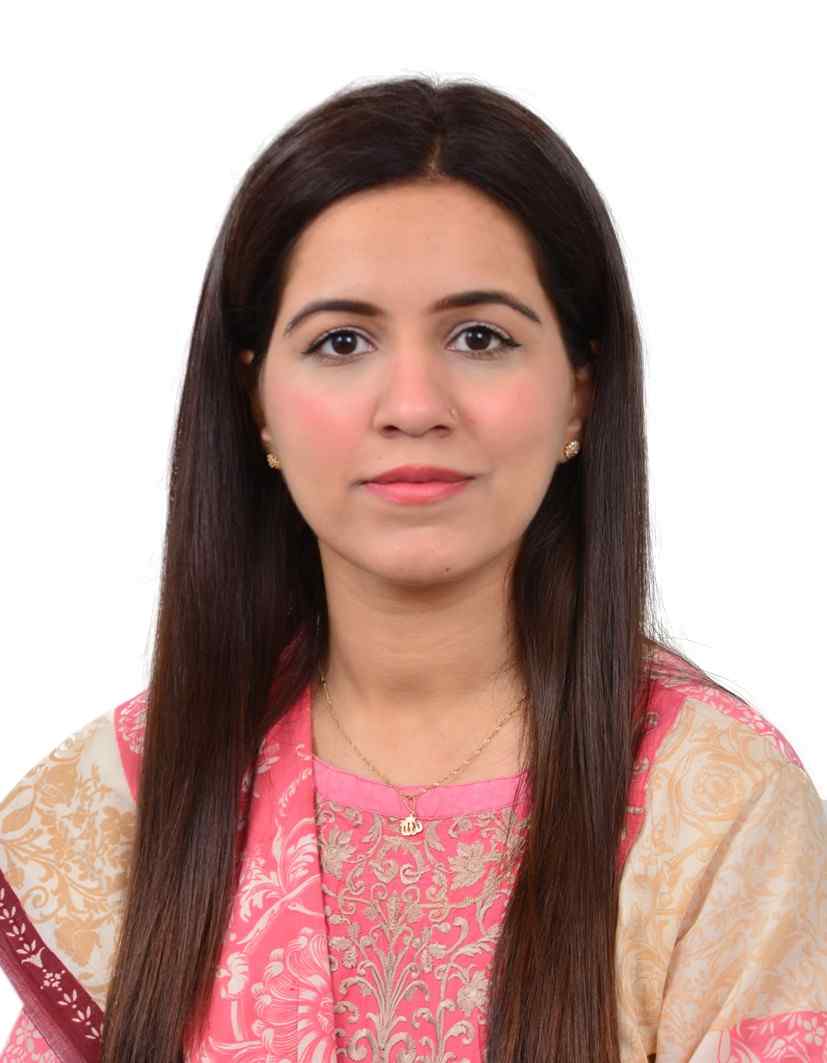Two images haunt the global conscience: the Ukrainian flag waved defiantly against Russian tanks, and the child pulled out from the rubble of a Gaza airstrike. In the West, these images often frame two different stories. For many of the world, however, they tell the same one: a story about whose suffering counts, and whose rationality is rationalized away. This isn’t just a difference of opinion, but it’s a fundamental divide in how we see the world, who we blame, and what solutions we propose.
When Russia invaded Ukraine in 2022, the Western response was remarkably unified. The narrative was straightforward that this was democracy versus autocracy, right versus wrong.
The media in the West portrayed the Ukrainian resistance as a symbol of heroism. While the Russian aggression was considered unequivocally evil. Resultantly, the response was swift: severe sanctions were imposed against Russia, massive military aid was awarded to Ukraine, and diplomatic isolation of Moscow.
Later, the conflict in Gaza in 2023 came into play. Abruptly, the Western powers, who had been so certain about Ukraine, were seen stumbling over their principles. Initially, support for Israel’s right to self-defense, keeping in consideration 7 October 2023, was struck with the shocking reality of thousands of Palestinian deaths. What emerged was a confusing, often contradictory position that much of the world didn’t believe.
The Problem of Credibility
As a result, policymakers in Washington, London, and Brussels seem to grapple with how much the world sees Western foreign policy as profoundly hypocritical. The same countries apply international law selectively. It’s considered a war crime when Russian forces bomb Ukrainian apartments. However, when Israeli forces bomb apartments in Gaza, it is framed as tragic but a necessary act for self-defense. Humbly, this perception is not just emerging from hostile governments but is widely dominant among ordinary people across the continents of Africa, Asia, and Latin America.
Because of this, the perception is evident in international forums. For example, the April 2024 UN Security Council (UNSC) vote on Palestinian membership brought forth an overwhelming global support. But it was blocked by a single U.S. Veto, which is a stark visual of the West-Rest divide in action.
The Rise of the ‘Rest’
Countries including India, Brazil, and Saudi Arabia have declined to choose sides between the West and the East. As an alternative, they are practicing ‘a la carte diplomacy,’ highlighting the mix-and-match partnerships. These are based on specific interests rather than ideological alignment. This provides countries with growing economic leverage and political confidence. India’s economy has been growing impressively at 7.7% in 2023 while maintaining a nuanced position on both Ukraine and Gaza. Moreover, India’s continued purchase of Russian oil, regardless of Western sanctions, and in parallel, participates in Western-led initiatives like QUAD. It’s a pragmatic, non-ideological calculation.
The message from these powers is clear: they won’t be constrained by outdated Cold War binaries and will evaluate each situation on its own merits to pursue their national interests.
The Human Cost of Narrative Wars
While diplomats argue over framing and terminology, real people are paying the price. The attention devoted to Ukraine and Gaza has diverted resources from other devastating conflicts that receive minimal international attention. In Sudan, for instance, the world’s worst refugee crisis that has displaced over 10 million people, with barely a fraction of the media coverage devoted to Ukraine. Moreover, in Myanmar, what began as protests against a 2021 military coup has evolved into a full-blown armed conflict that rarely makes it to the front-page news. Additionally, in the Democratic Republic of Congo, at least 5.6 million people have been displaced across multiple conflicts that most Westerners couldn’t locate on a map.
This selective attention isn’t just unfair, but it has real consequences. Conflicts that capture Western interest receive funding, diplomatic attention, and media coverage. Those that don’t languish in obscurity, their victims forgotten by the international community.
The Pathway Forward?
Realistically, the West-East divide isn’t likely to disappear anytime soon. If anything, it might intensify as emerging powers gain confidence, and the United States focuses increasingly on domestic politics. Some European thinkers have proposed what they call ‘strategic interdependence,’ which is the idea of building flexible coalitions around specific issues rather than insisting on permanent alliances. On climate change, we might partner with one set of countries, on nuclear non-proliferation with another, on public health with another. This approach acknowledges a simple truth of an interconnected world with no single basic bloc that can solve global problems alone. The West might dominate military spending and cultural influence, but it needs cooperation from the ‘Rest’ to address transnational challenges.
The alternative is worrying for a world where global institutions become increasingly irrelevant, where might makes right, and where cooperation gives way to confrontation. In such a world, we would all be less secure, less prosperous, and less able to address common threats.
- There is an urgent need for consistency and less hypocrisy. The principles of international law, human rights, and civilian protection either apply to everyone or they apply to no one. The current selective application isn’t just morally questionable, but it’s strategically foolish, undermining the very rules-based order that Western powers claim to defend.
- Many around the world hunger for a more principled and consistent approach to foreign policy. One that doesn’t change based on the nationality of the victims or the identity of the perpetrators.
- The civilian lives should matter equally, whether they’re Ukrainian or Palestinian; international law must apply consistently, and shared humanity should prevail and transcend political divides.
The future of global stability might depend on whether we can bridge this storytelling divide and create a more inclusive, equitable approach to international peace and security. The current path of competing with narratives and selective outrage is leading us towards a more dangerous, fragmented world where everyone loses.

Table of Contents
ToggleHamail Tahir
The author is an MPhil Scholar in Strategic Studies at the National Defence University (NDU), Islamabad, with a research focus on regional security and counterterrorism.













